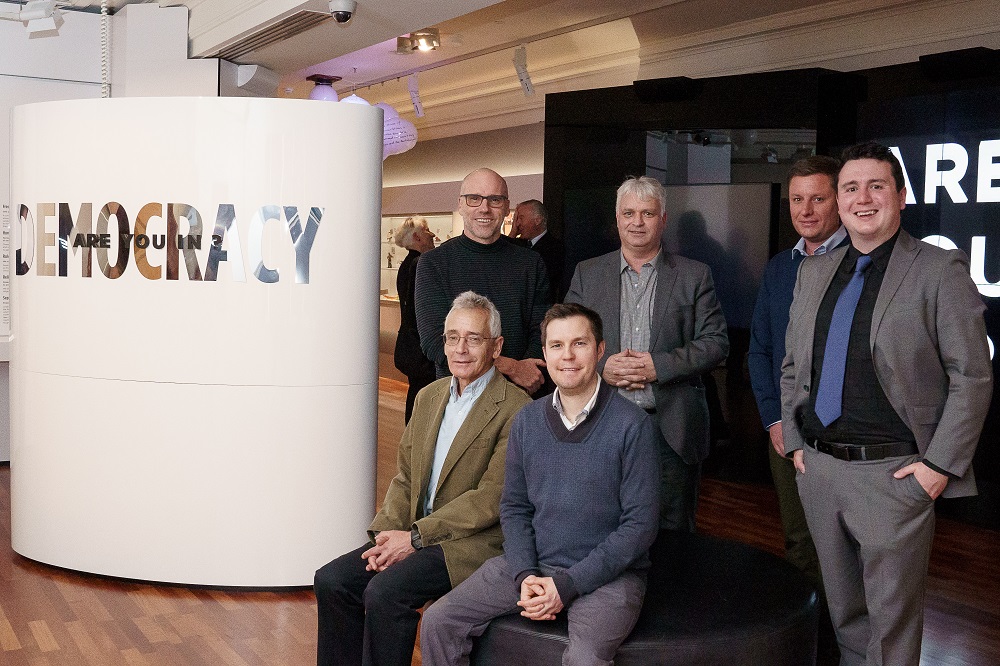Antony Perry
13 August 2018: In Australia, trust in government is a scarce commodity.
That’s the sobering state of our democracy according to years of research by the University of Canberra’s Institute for Governance and Policy Analysis (IGPA).
In the years since John Howard’s departure from office, democratic satisfaction has decreased steadily across each government from 85.6 per cent in 2007 to 41 per cent in August 2018 under Malcolm Turnbull.
The steady decline was led by nation builders and baby boomers disgruntled with the Australian political system, but IGPA's latest survey has found that women and members of Generation X are most disenfranchised.
It's a narrative IGPA hopes to change. The Institute has partnered with the Museum of Australian Democracy to deliver an exhibition that explores the relationship between trust, our political system and democracy.
“Everyone says distrust of government is part of the Australian culture, but if you look at survey data, there has been a stark decline since the John Howard era,” Professor Mark Evans, Director of IGPA, said.
“We’ve had some peculiar high-profile events that did not play out well in the electorate with the dismissal of several prime ministers. Nationally, the view is that prime ministers haven’t been effective in getting big ticket items up, there’s a lot of inconsistency between the rhetoric and what’s being delivered.”
While trust in government has waned over many years, the shift in attitudes revealed in the most recent survey surprised researchers.
IGPA said it found “compelling evidence” that the increasing disconnect between government and the public was reflected in the decline of democratic satisfaction and trust in politicians and political parties.
“We saw a shift from what we called an allegiant political culture - the culture of political deference – to what we called a divergent political culture – people starting to question the established political order,” Professor Evans said.
The study feeds into the Democracy. Are you in? exhibition which opened last week. It features objects that show the ability of Australian democracy to adapt to new social and political dynamics such as gun control, indigenous recognition and same-sex marriage.
Among the items on display is a rifle once owned by former deputy prime minister Tim Fischer and Greens leader Richard di Natale’s rainbow sneakers, as well as personal stories from social movement campaigners and leaders.
While the exhibition celebrates both significant activities and individuals who have shaped Australia’s democracy, Professor Evans said the exhibition was designed to “provide a robust evidence base for how Australians imagine their democracy”.
“To be frank, the key message of the exhibition really is that within our democracy, there’s a very delicate balance between trust and distrust,” he said.
“In a sense, a liberal democracy is designed around distrust, which is why we have these checks and balances, separation of powers, all of these things.
“The issue is that there's kind of an equilibrium there, so the big question is when does the tipping point occur, and when does the political system itself have to change and adapt to the new reality that's confronting it?”
Professor Evans said the data suggests that political parties now need to adapt if they are to survive.
“The nature of contemporary politics as it's being played out on the hill needs to change, because most Australians really think that type of politics is completely disconnected from their everyday lives,” he said.
“They're not interested in politics as blood sport. They're interested in politics as problem-solving. And they think politicians don't care about their needs and aspirations.”
Democracy. Are you in? is on display now at the Museum of Australian Democracy at Old Parliament House.



